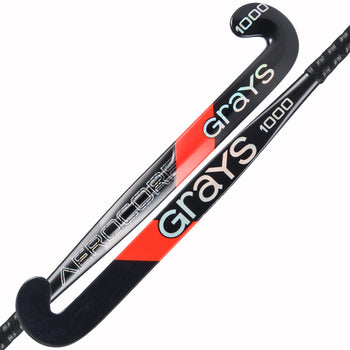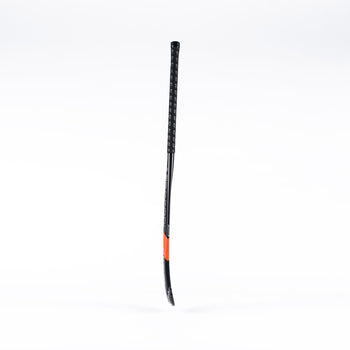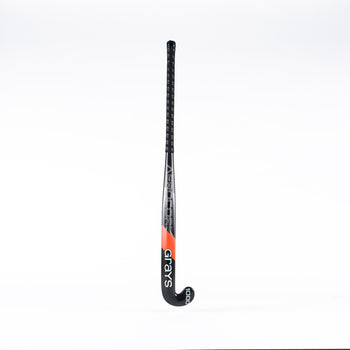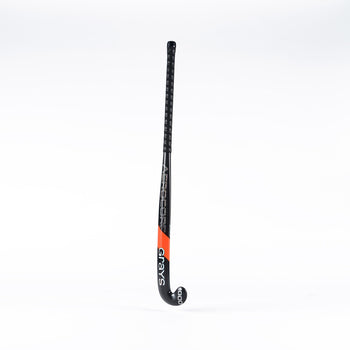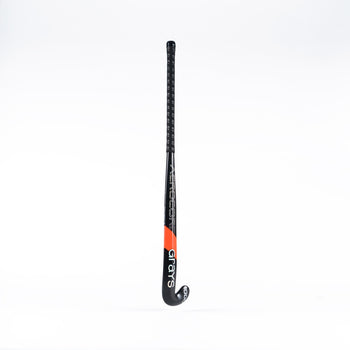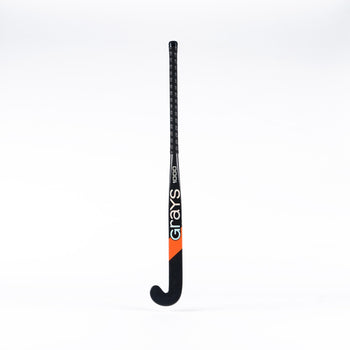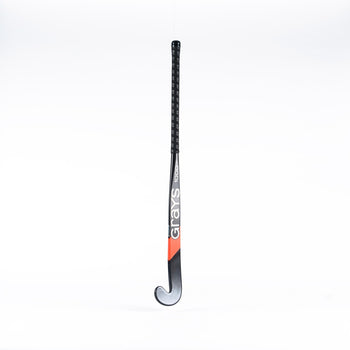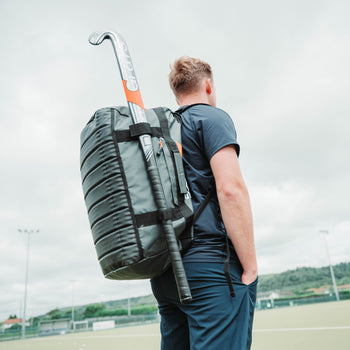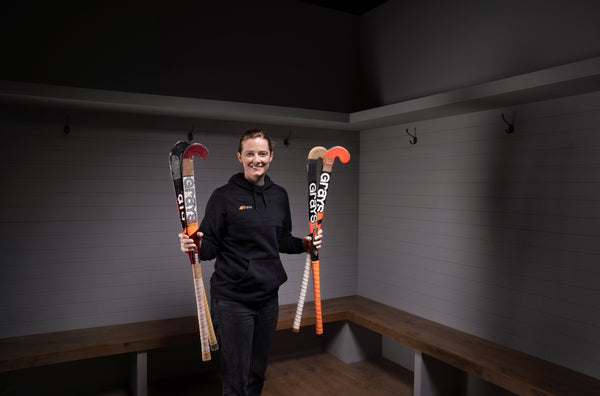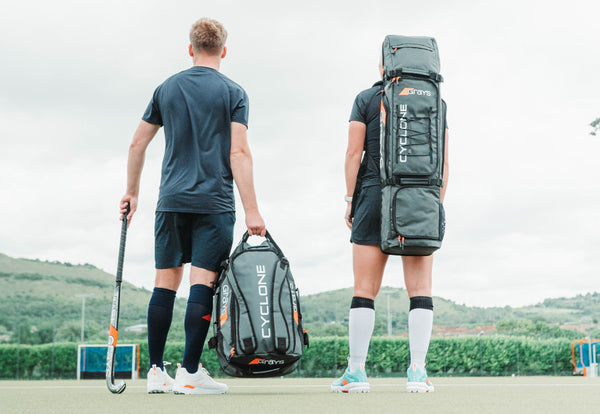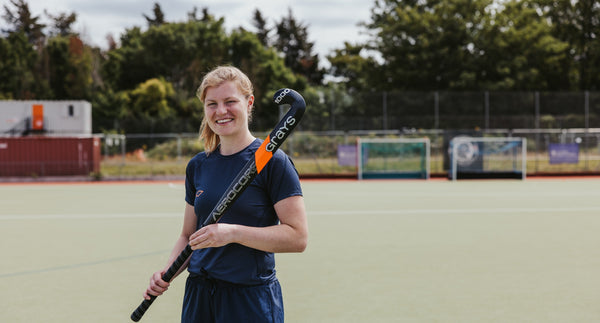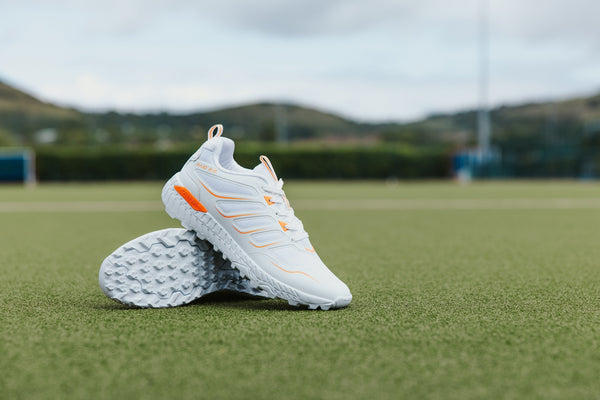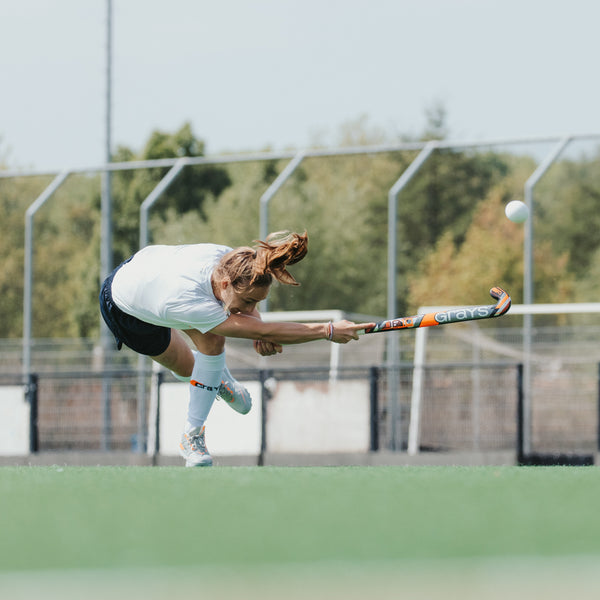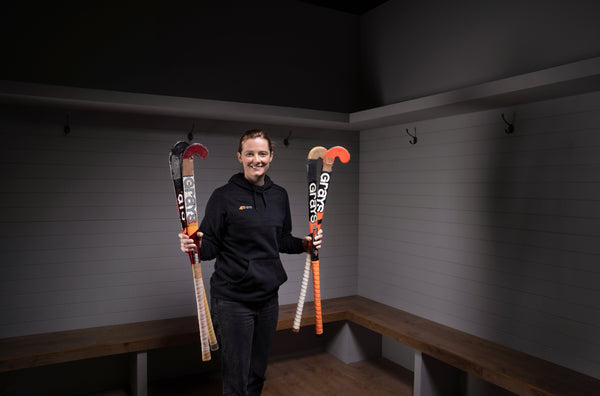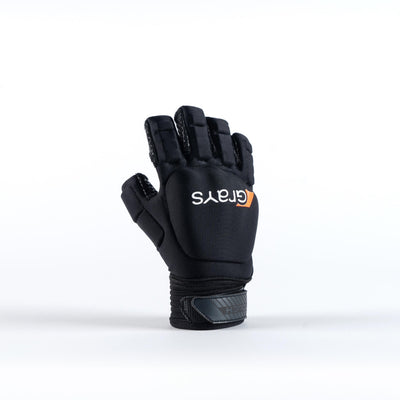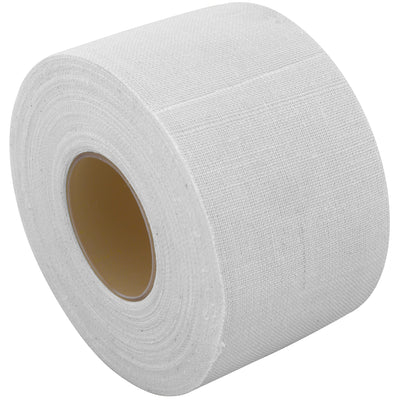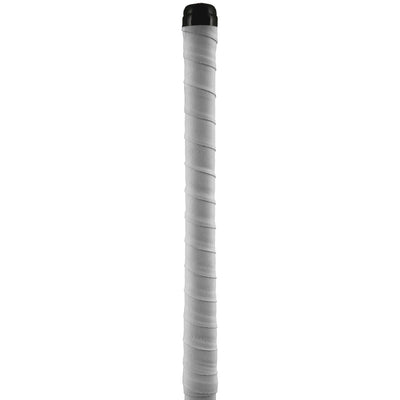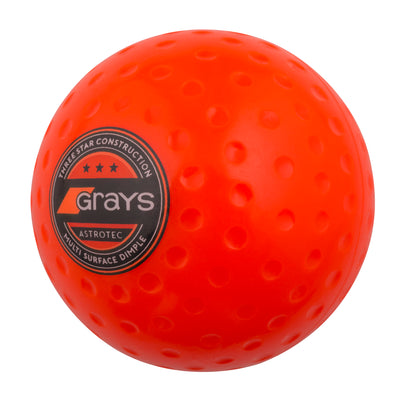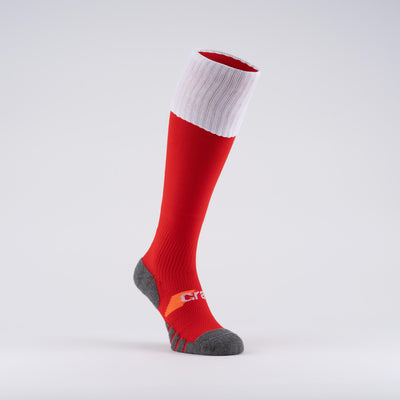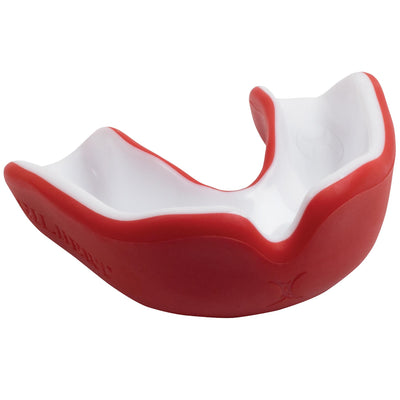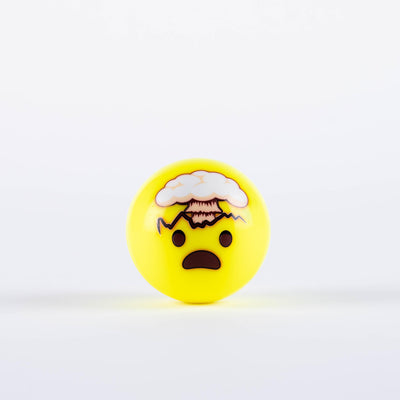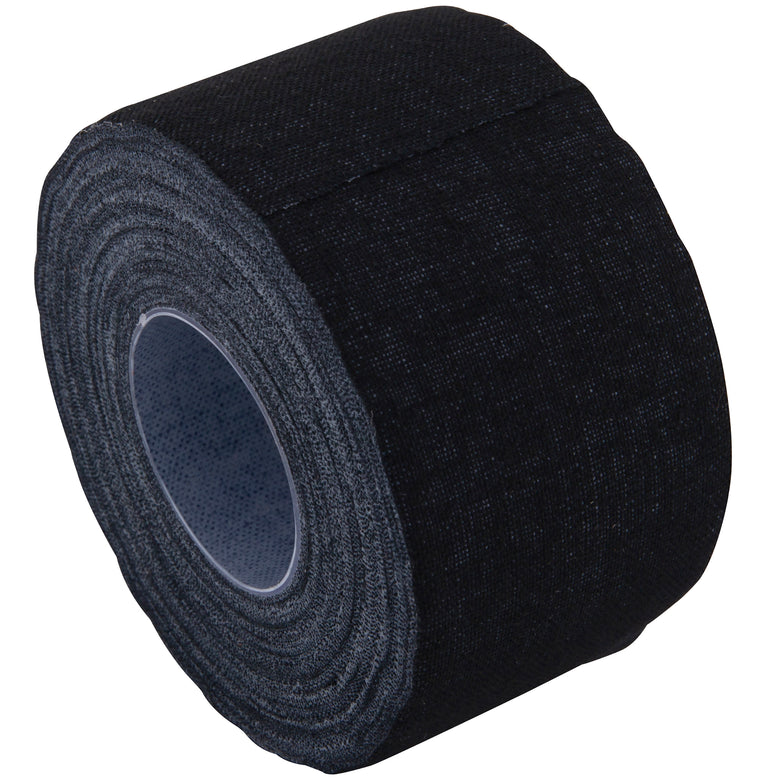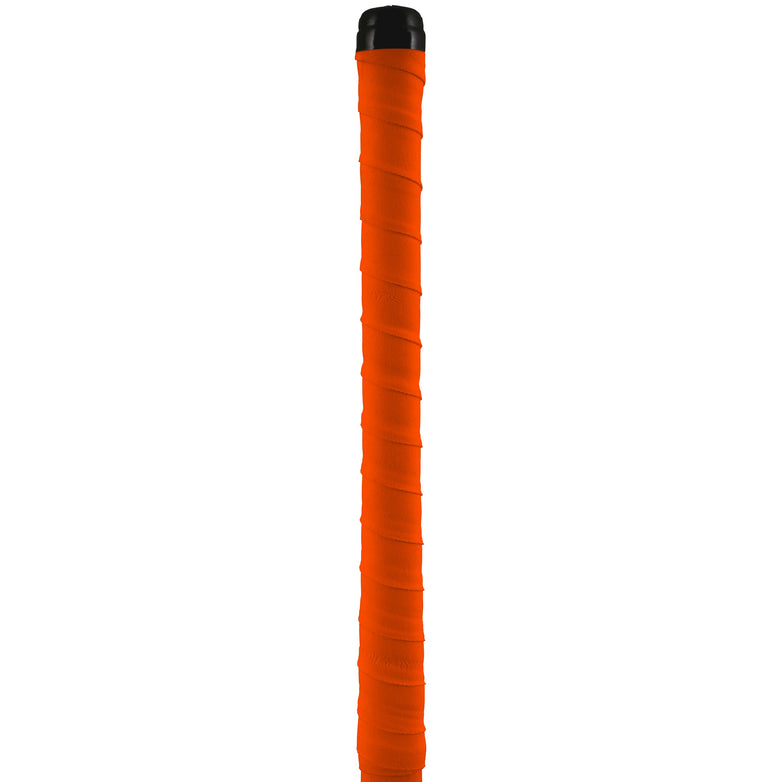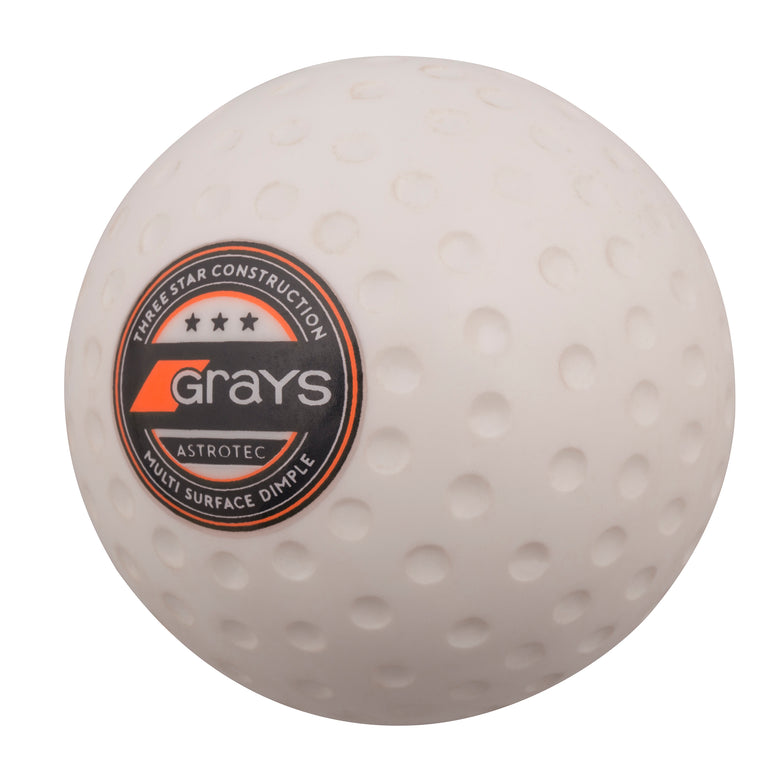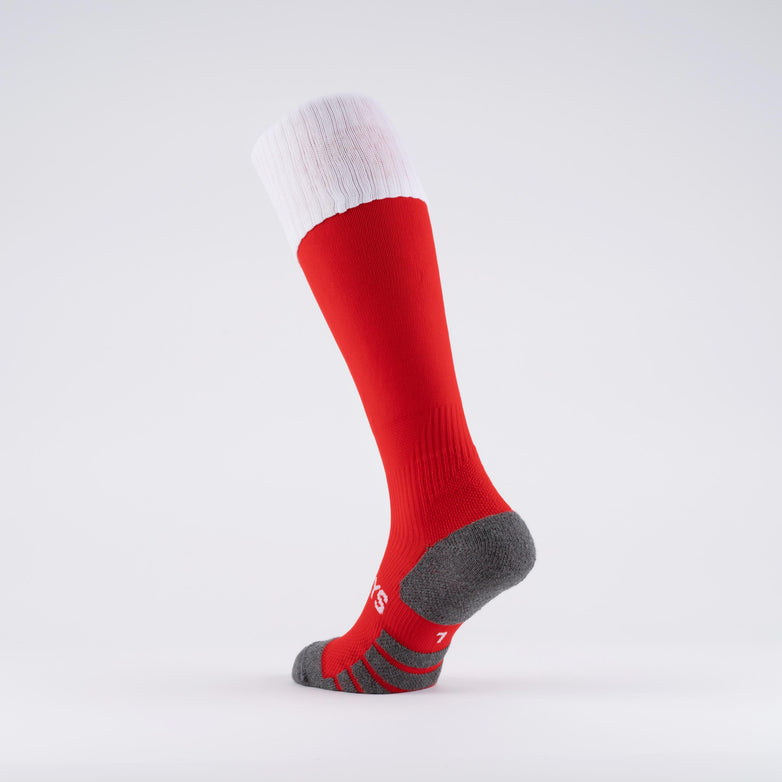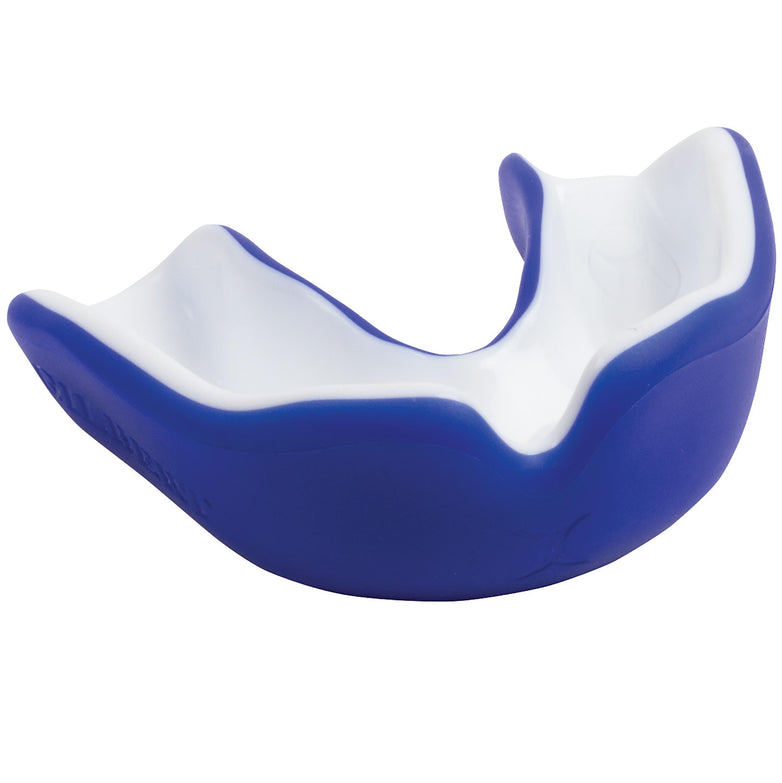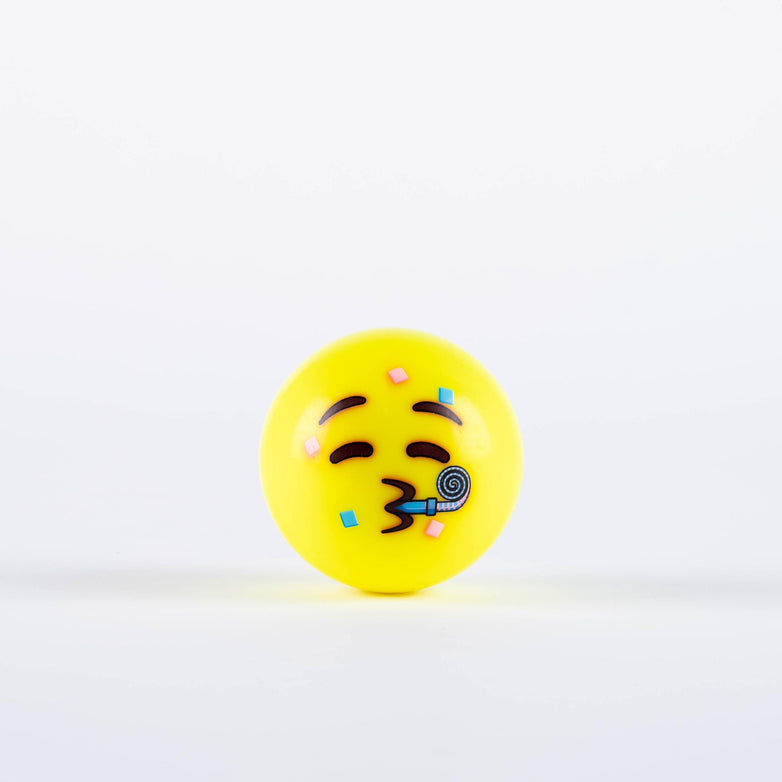Grays Hockey are immensely proud to continuously boast an array of inspiring athletes, all with unique stories and backgrounds that have led them to where they are today. Over the comings months and season, Grays Hockey will be running exclusive blog posts, written by our athletes. First up, Tess Howard MBE.
Many of you will know the phenomenal skill, relentless energy, and dedication that Tess brings to the pitch for East Grinstead, England and GB, but the journey to the top presents a wide range of challenges that athletes, such as Tess, have to overcome time and time again. Tess has used these experiences to drive change within the sport, successfully campaigning for more inclusive clothing practices to support women’s choice in wearing shorts and leggings, alongside the traditional skort – a serious game changer for the sport.
In this blog, Tess dives into a topic many can relate to; The Balancing Act Of Academics And Sport. Enjoy!
Winging it or strategic planning? The balancing act of academics and sport.
Think back to when you first had to start balancing playing hockey with school work. You had decisions to make – would you go to the party, or get an early night before your game on the weekend? Would you be able to go on your family holiday, or would you stay home for JRPC? Back in the day, these were all decisions we had to make as a junior international.
Rocking up to Lilleshall away camps the weekend before biology GCSE and maths A-Level exams, armed with past papers, electrolytes and Soreen. Without even knowing it, we were being tested on all fronts. Sometimes I look back and think of what we were doing, the fact that we all got our A-Level results at 6am in Lilleshall whilst playing a test series against Germany. How do you even comprehend the compartmentalisation, organisation, and stamina of that?
When I reflect on my junior international days, I don’t feel I had ‘external expectations’ placed on me. However, I do feel that the concoction of pressures and responsibilities must have fuelled something in me – to create my own expectations. Junior elite sport is different for lots of people; for me it was the making of my identity on and off the field.


Ten years on from those first junior England days, I think about what I am doing now and how much the balance of my everyday life today mirrors what was drilled into me at such a young age. Many of us go from balancing hockey with school, then with university, and then with work. For me, academics and sport have always inspired each other. I didn’t think those paths would cross so frequently, but now I look back and it seems it was inevitable.
What I love most about studying – for me, this has been geography, sociology and politics – is that it is a little world you can lose yourself in. At the start, it feels as though I have no idea how this abstract theory will ever relate to me. But then, the writing becomes a conversation – a process of self-discovery. Writing my undergraduate dissertation was the clearest example of this. I began with curiosity of the topic alone, but in the process of learning, I found out more and more about myself and my place in the world. I would spend hours and hours drawing mind-maps to find out how it could all fit together. Stepping into that world was refreshing after long and hard training sessions.
There is a creativity to academic writing that is often overlooked. I think this is exactly why I enjoyed it so much. That dissertation was a part of me not only because it connected my worlds, but also because I felt the words of every woman who participated in the research. When I wrote my methods section, I described the research aim as feminist: the point was not simply to argue what was wrong, but to attempt to change it.
I feel a responsibility towards that idea. I’m not sure where it comes from, but my gut tells me that it’s because my mum was always solution-oriented. She works in conservation, so you can imagine the resilience she needs to keep fighting for her cause every single day.
But this isn’t a piece about my dissertation or Inclusive Sportswear; rather, it’s about the balancing act performed by international athletes, and an attempt to offer a reason behind it. Purpose fuels purpose – when you’ve had a tough session or match, it’s important to have something else to give you a sense of self-identity and self-worth, or something to keep you grounded after a big win.
When you’re at school, you’re always onto the next thing: the next term, the next exam, the next school year. I think that makes it easier to keep momentum going. I’m about to finish my masters – which would take me to 8 years in higher education, crikey! – and I’m looking back at not only the essays written and extensions requested, but the balance ingrained in me.
When it comes to how you balance, I was a ‘strategic planner’ from a very young age – every evening, I would write what I needed to do the next day on a whiteboard, probably with a motivational quote for good measure. But over time I have learnt to loosen the reins, and do what feels right for me. I suppose it’s less ‘winging it’, and more just practice and confidence. After so long, I know what the balancing act is for me.
If there are any young players reading this, relating to any of it, my advice would be start with the strategic planner because it affords you the freedom to quickly loosen the reins, be spontaneous and follow your gut when the time is right.
Shop Tess's Kit


























